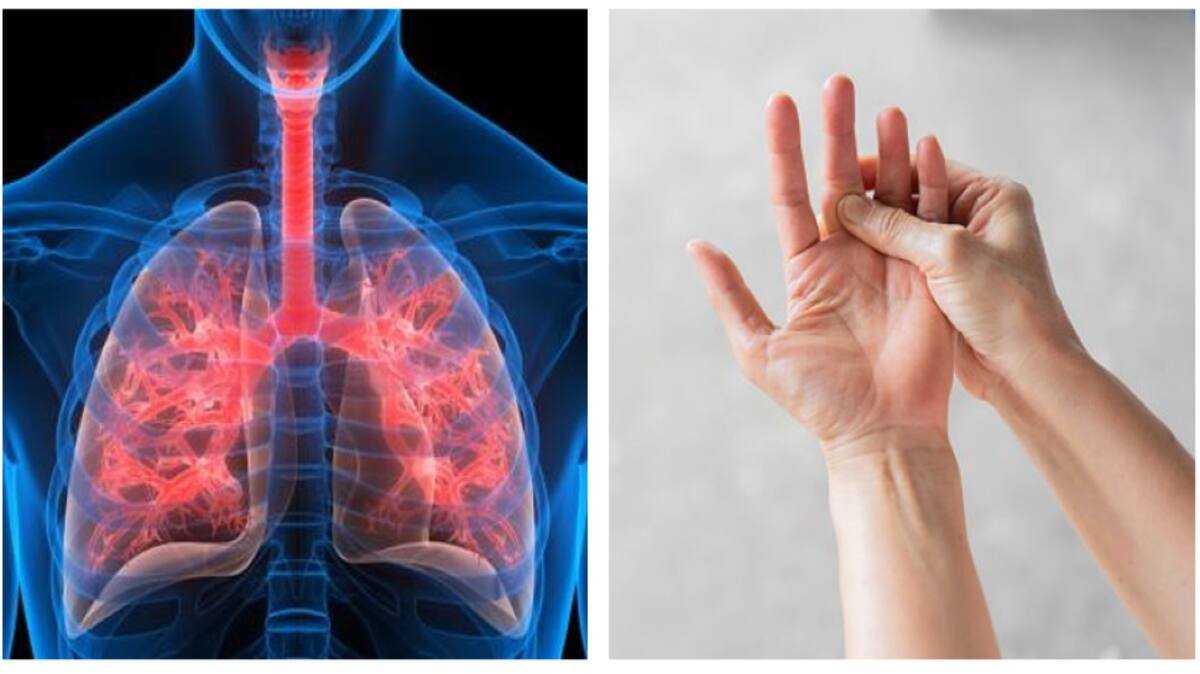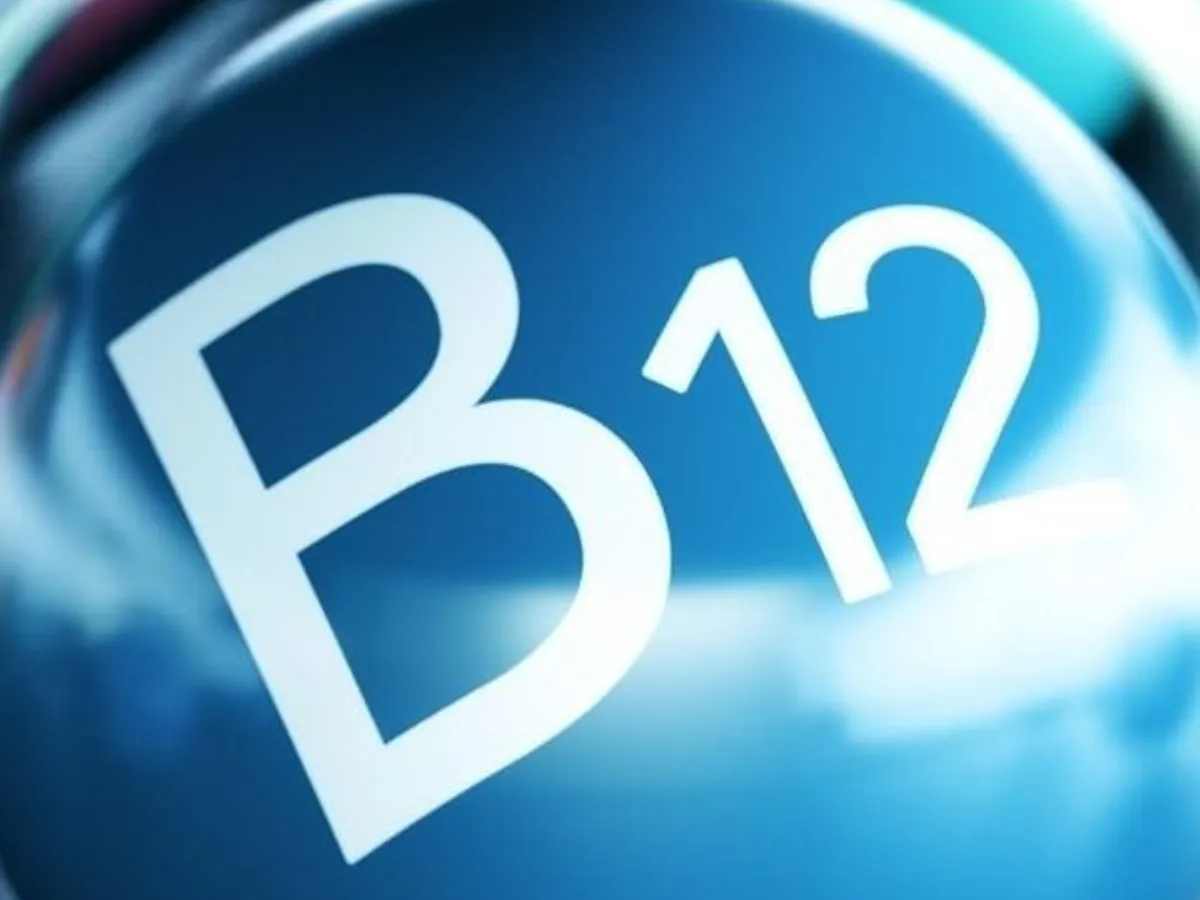New Delhi, September 17: High blood pressure, or hypertension, is a silent killer that can have devastating consequences for heart health. One of the most serious complications of hypertension is heart failure, a condition in which the heart is unable to pump enough blood to meet the body’s needs.
What Is Hypertension: Symptoms and More
Hypertension occurs when the force of blood against the artery walls is consistently too high. This excessive pressure can damage the heart, arteries, and other organs over time. While there are often no noticeable symptoms in the early stages, untreated hypertension can lead to a range of serious health problems, including heart failure.
How Hypertension Leads to Heart Failure
Hypertension can contribute to heart failure in several ways:
Thickening of the Heart Walls: When the heart has to work harder to pump blood against high pressure, the walls of the heart muscle can thicken. This can make it more difficult for the heart to pump blood efficiently.
Weakening of the Heart Muscle: Over time, the strain of pumping blood against high pressure can weaken the heart muscle. As the heart muscle becomes weaker, it is less able to pump blood effectively.
Damage to the Heart Valves: High blood pressure can damage the heart valves, which are essential for regulating the flow of blood through the heart. Damaged heart valves can make it more difficult for the heart to pump blood efficiently.
Artery Blockages: High blood pressure can lead to the buildup of plaque in the arteries, which can eventually block the flow of blood to the heart. This can cause a heart attack or heart failure.
Damage to the Left Ventricle: The left ventricle is the main pumping chamber of the heart. High blood pressure can damage the left ventricle, making it less able to pump blood effectively.
Signs and Symptoms of Heart Failure
The symptoms of heart failure can vary depending on the severity of the condition. Common symptoms include:
1. Shortness of breath, especially when lying down
2. Fatigue
3. Swelling in the legs and ankles
4. Rapid heartbeat
5. Persistent cough
6. Weight gain due to fluid retention
Correct Strategies To Prevent Hypertension Induced Heart Failure
While there is no cure for heart failure, it is often possible to prevent or delay its onset by managing hypertension. Here are some tips for preventing heart failure:
To maintain a healthy heart and reduce the risk of hypertension and heart failure, it is essential to adopt a healthy lifestyle. Maintain a healthy weight, as excess weight can increase blood pressure. Consume a balanced diet rich in fruits, vegetables, whole grains, and lean protein to support overall health and lower blood pressure. Limit your sodium intake, as excessive sodium can elevate blood pressure. Engage in regular physical activity to improve heart health and reduce blood pressure. Moderate alcohol consumption, as excessive drinking can contribute to hypertension. Quit smoking, as it damages arteries and increases the risk of cardiovascular problems. Manage stress effectively, as chronic stress can negatively impact blood pressure. Finally, schedule regular check-ups with your doctor to monitor your blood pressure and address any underlying health concerns.
If you have high blood pressure, it is important to work with your doctor to develop a treatment plan that is right for you. Early diagnosis and treatment can help reduce your risk of heart failure.














Leave a comment